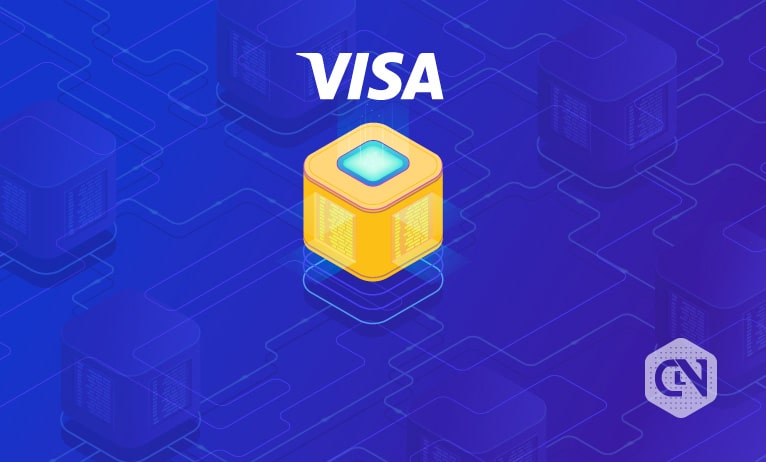
Source: news.google.com
In the current scenario, Visa has deployed a team of professional engineers and researchers who are actively involved in putting their minds together to closely study the issues related to the fundamentals of different blockchains. Some of the research and analysis is based on facts related to safety and security, along with factors related to the potential for upgrade improvement. Blockchain interoperability issues are also thrown in, along with all the privacy and transparency issues attached to the different protocols. This entire exercise is aimed at identifying probable cases that are suitable for use.
According to Visa’s Head of CBDC and Protocols, Catherine Gu, the game plan is to help its partners and associated clients carry out more advanced innovations. In her opinion, therefore, the need of the hour is for them to look at the various forms and means of applicable technologies to add to the overall values of the payment ecosystem. They are currently busy improving their core activities related to the Web3 framework layers, along with blockchain-based protocols, which help drive cryptographic development.
In the current scenario, and from Visa’s point of view, issues related to blockchain technology and digital assets are incipient. Therefore, his whole focus is to identify ways and means to connect how current innovations can affect the movement of money, on date and shortly. Part of the exercise is also finding ways to facilitate the user experience and provide the necessary security and protection measures. Overall, the ultimate goal is to create an effective link between the crypto ecosystem and its existing network of customers globally.
Also, in Visa’s opinion, it is a fairly common factor for monthly bill payments to be paid through automatic payments. However, this is made easier through a subscription provider. Therefore, Visa is evaluating avenues for how exactly blockchain technology can be useful in creating new ways to process payments in the required manner.
Through a technical piece, Visa suggests writing a smart contract request for a self-custody wallet. For better understanding, this is a wallet that will be under the control of the user, along with the attached private key. However, this, in turn, will make it possible for the user to set up a programmable payment option that transfers funds from one self-custodial wallet account to any other at fixed intervals without the user being active in all cases.
According to Visa, the solution for this dabbles in a concept known as Account Abstraction (AA). In its document, Visa mentions an example of a new type of account agreement where you can assign the ability to initiate the payment process through a user account to a pre-approved automatic payment smart contract. In this way, when AA is activated on Ethereum, popular payment procedures are brought to the blockchain ecosystem.
Read More at news.google.com